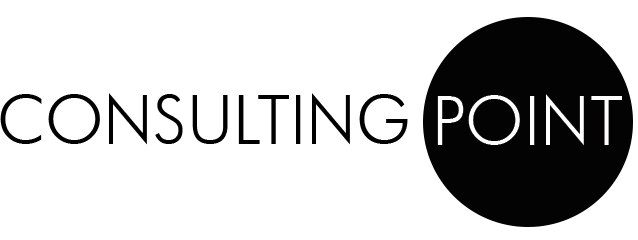What is modern slavery?
Modern slavery is an international crime affecting an estimated 40.3 million slaves around the world. This growing global issue transcends age, gender and ethnicities. It includes victims trafficked from overseas and vulnerable people in the UK who are forced illegally to work against their will across many different sectors such as agriculture, hospitality, construction, retail and manufacturing. The Modern Slavery Act 2015 requires commercial organisations supplying goods or services with a turnover of above £36 million to prepare and publish an annual ‘Slavery and Human Trafficking Statement’. The Statement must set out the steps an organisation has taken, if any, during its financial year to ensure that slavery or human trafficking is not taking place in its supply chain.
Our policy
Our policy is to assess and address the risks of violations of anti-human trafficking and anti-modern slavery laws. We adopt procedures that contribute to ensuring modern slavery does not occur in our business or supply chains and we expect organisations with whom we do business to adopt and enforce policies to comply with the legislation. We support our people and clients to address issues arising from modern slavery. Collaboration is one of our CLEARR values, together with Leadership, Excellence, Agility, Respect and Responsibility and these underpin our culture and how we do business.
We ensure:
• our values, which are embedded throughout our business, set the perimeters for how we expect our people to behave with colleagues, clients and the world at large
• we seek to treat everyone fairly and consistently, creating a workplace and business environment that is open, transparent and trusted
• our policies and procedures relating to the Modern Slavery Act are in line with our culture and values.
Our procedures
We have a number of procedures in place that contribute to ensuring modern slavery does not occur in our business or supply chains.
Employment
• Robust recruitment processes in line with UK employment laws, including: ‘right to work’ document checks; contracts of employment and checks to ensure everyone employed is 16 and above
• Market-related pay and rewards reviewed annually
• Wellbeing activities and initiatives to support our people’s physical and mental wellbeing and lifestyle choices
Transparency in our supply chains
We recognise that our firm is exposed to greater risk when dealing with its suppliers, particularly those who have operations/suppliers in other territories. The following measures to review and manage this risk are:
• an examination of supply chains. We have mapped our supply chains and have identified over 97 suppliers for the financial year 2016-17.
• for those whom we pay £100,000 and above, we have mapped those according to location, size and industry, to identify potential indicators of slavery.
Of these:
100% are located within the UK or other low risk countries
21% are companies with an annual turnover of >£36 million, and are therefore covered by the Modern Slavery Act requirements
2% are companies in high risk sectors such as hospitality and leisure, service, retail, construction and food and beverage industries
• confirmation by our top 20 suppliers, in terms of spend, of compliance to the Act through their own modern slavery statements
• a commitment to collaborate closely with suppliers to help them understand and work towards their own obligations under the Modern Slavery Act
• a Responsible Purchasing Policy, which reflects our commitment to and focus on suppliers’ ethical supply chain(s)
• a Supplier Code of Conduct, used for all new major suppliers of goods or in re-tendering, clearly stating the firm’s intention to step away (without penalty) if any occurrences of modern slavery is discovered and/or ignored.
Supporting our people
Following The Act, we have enabled our people to understand more about this growing issue by setting out the steps taken by the firm as well as guiding them on how to report any suspicions they may come across within business or a personal context. We have:
• developed and shared resources, including summary documents with an overview of the Modern Slavery Act, and links to the modernslavery.co.uk website
• signposted our people to modernslavery.co.uk to provide them with useful information on how to recognise different types of slavery, how to spot the signs and details of a telephone helpline
• included a requirement in our 2017 Annual Declaration that everyone reads and acknowledges the firm’s modern slavery policy
• introduced an internal whistleblowing hotline to enable anyone who has concerns (for example, how suppliers, clients, partners or employees behave) has a means of raising their concerns confidentially.
Supporting our clients
Consulting Point is continuously looking to support clients in this increasingly important issue, including collaborating with Government agencies and other reputable organisations, to deepen and share knowledge so that we may be impactful by engaging in this area. In addition, we are able to support our clients by offering to assist them with:
• drafting and developing a modern slavery statement
• supply chain audits
• offer to support and develop practical and cost-effective solutions
• offer supplier due diligence
• provide assurance over policies and practises clients may have in place
• conducting ethical reviews.
Future performance indicators
Going forward, we aim to develop and introduce:
• focused training for those in the firm involved in contracts and procurement activities
• methodologies to increase awareness for our people and our clients.
Consulting Point (Holdings) Limited shall take responsibility for this Statement and its related objectives, and review and update it in accordance with The Act.

